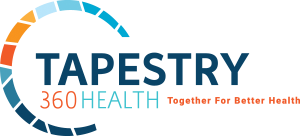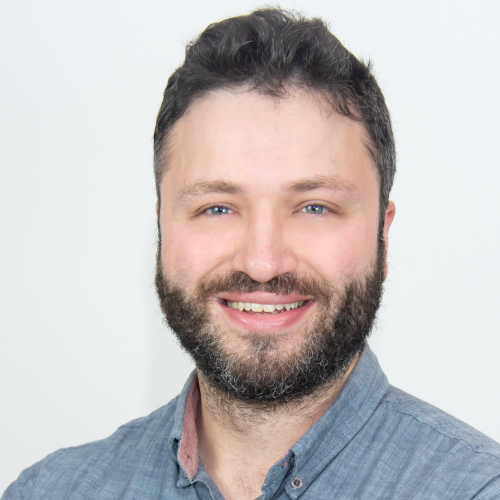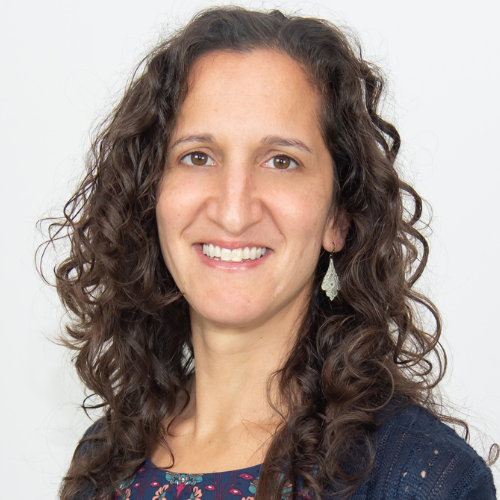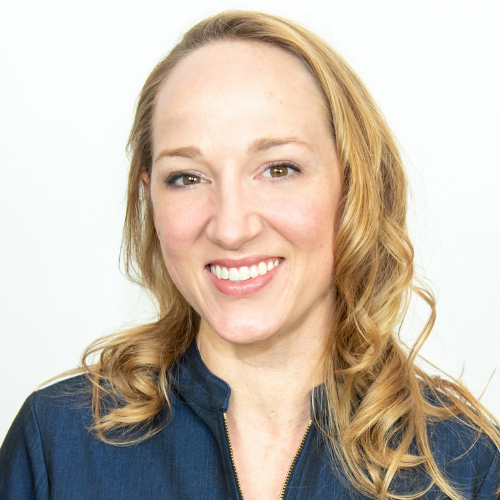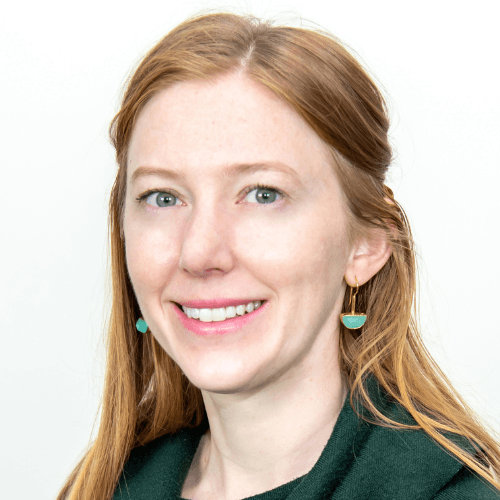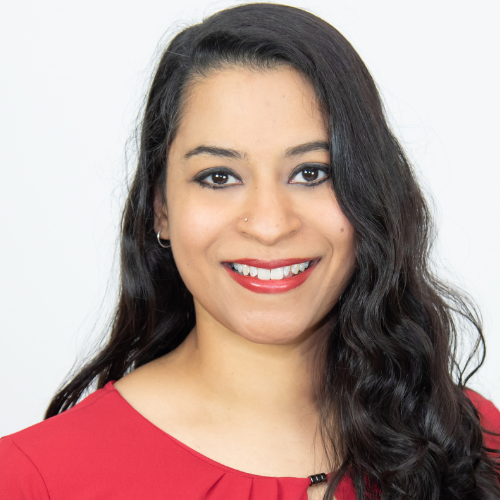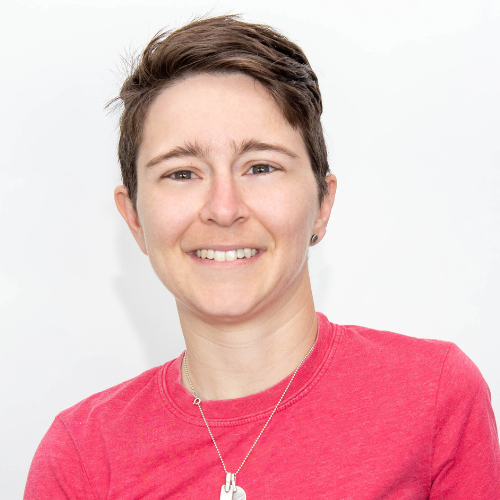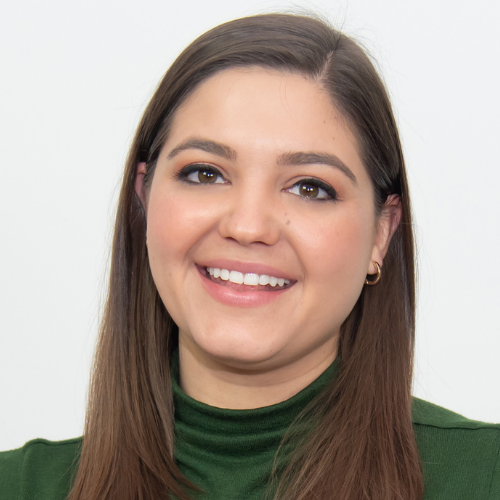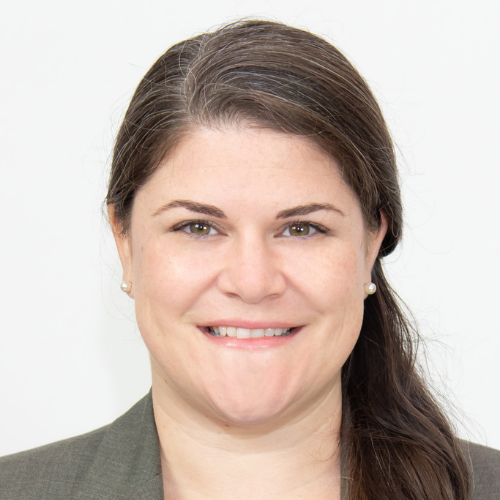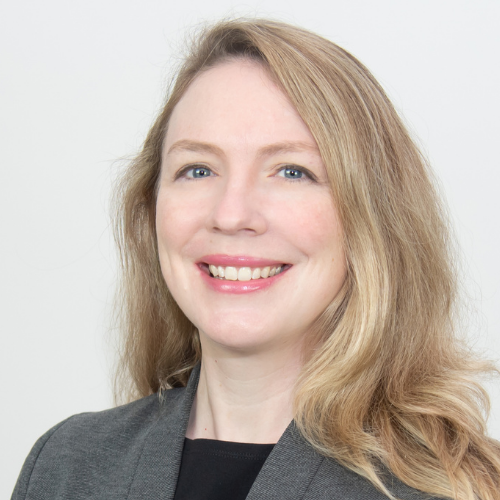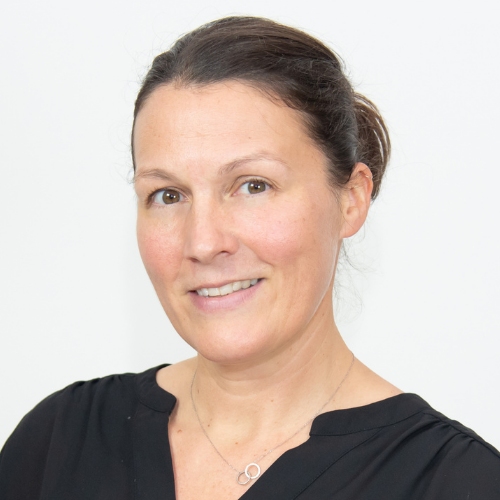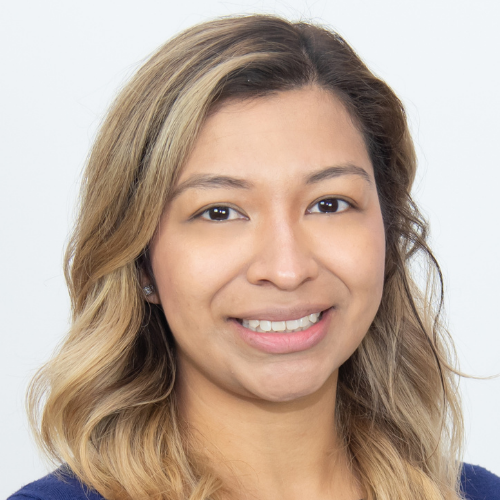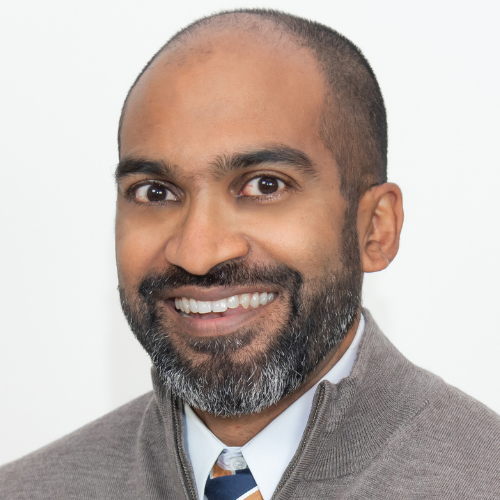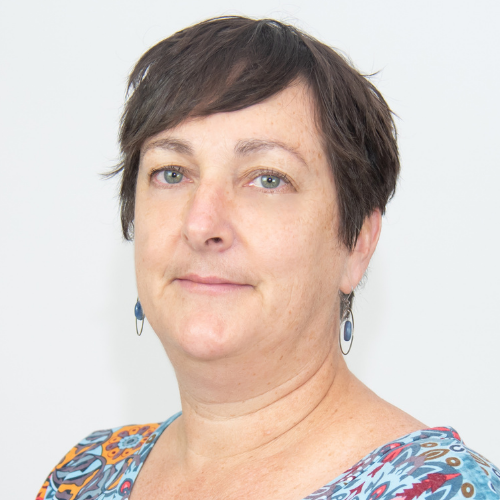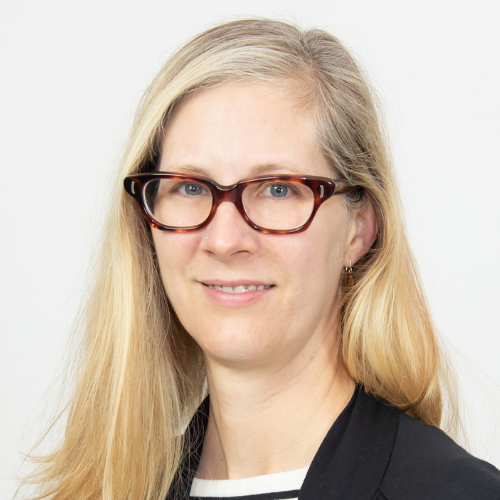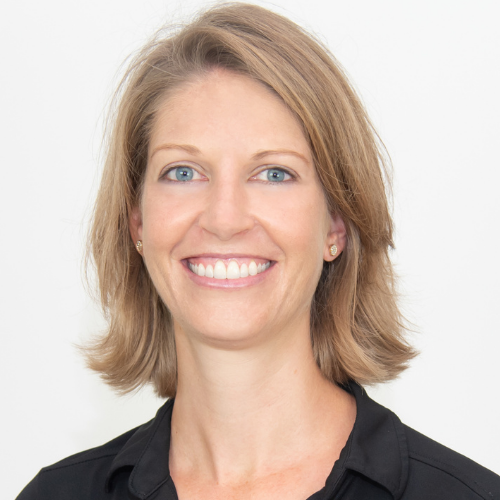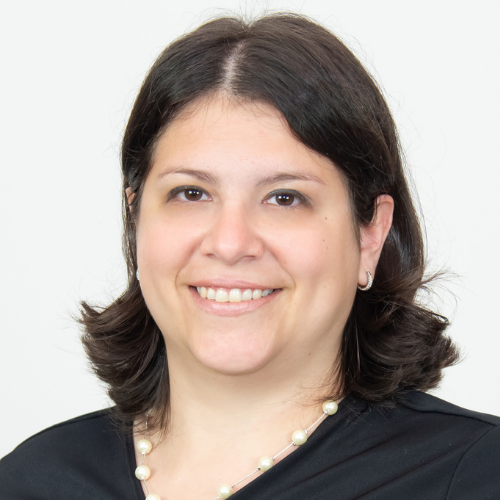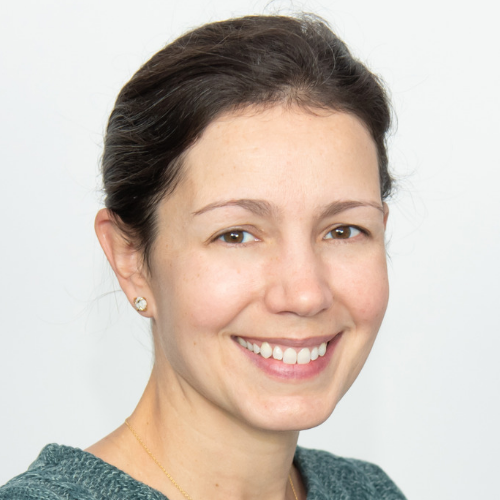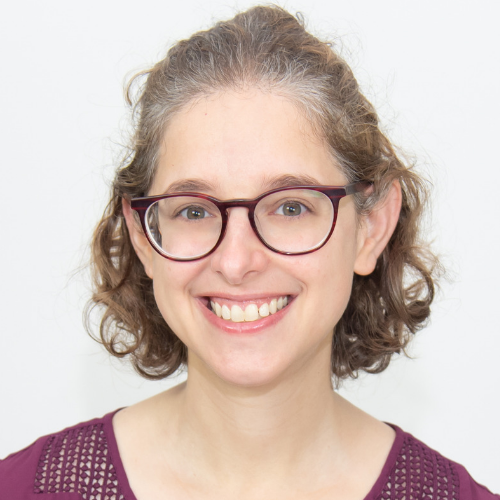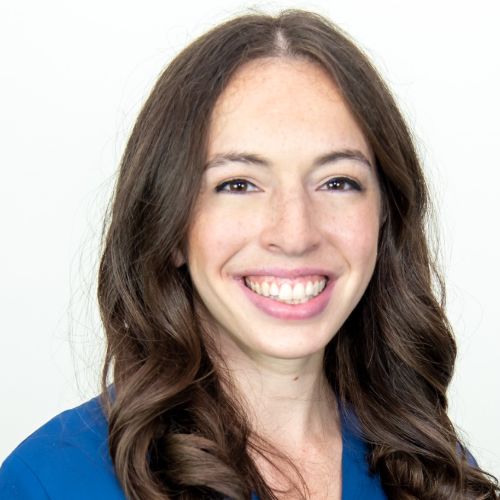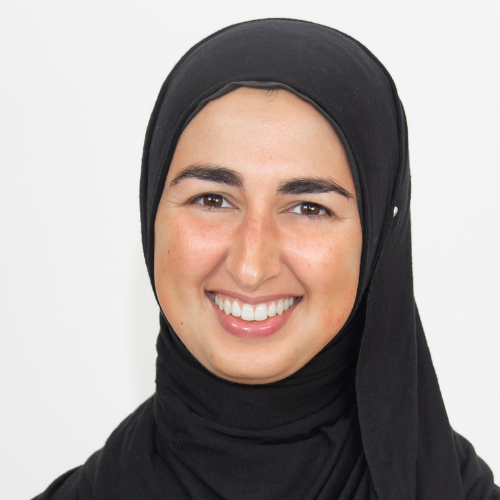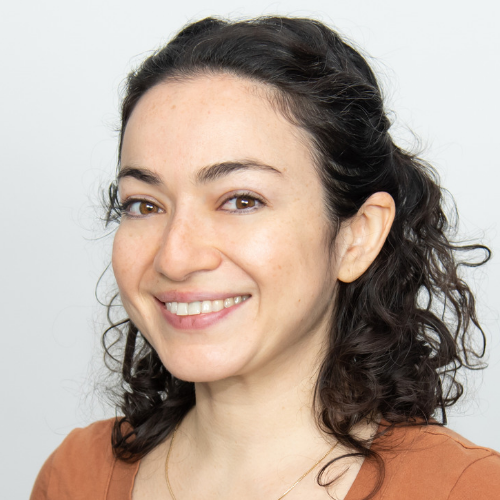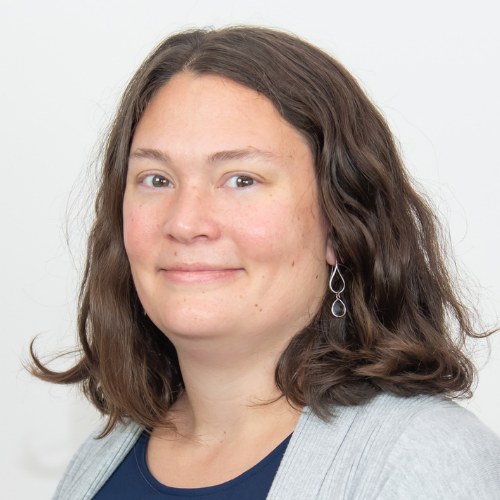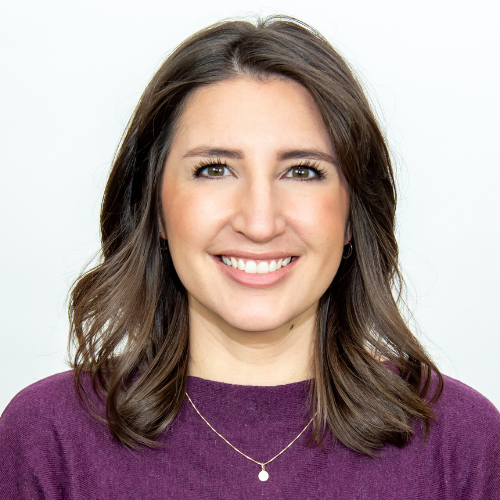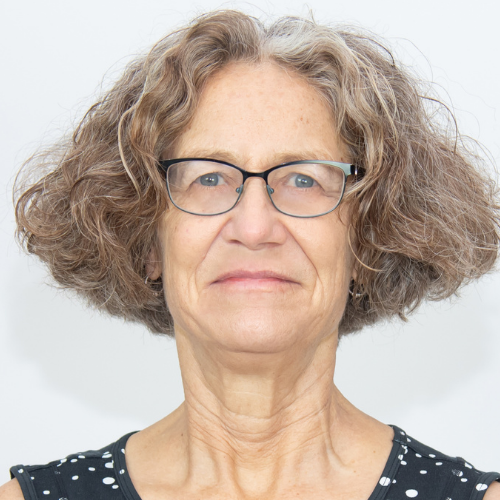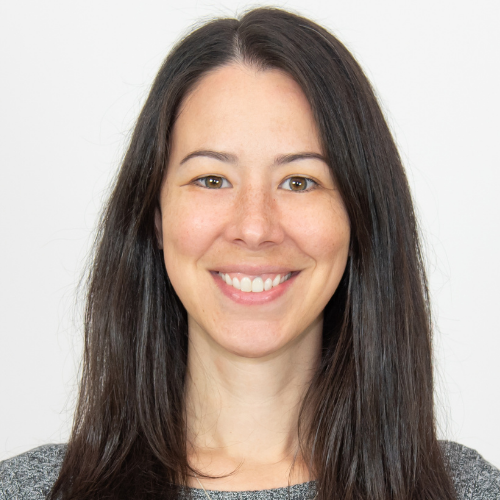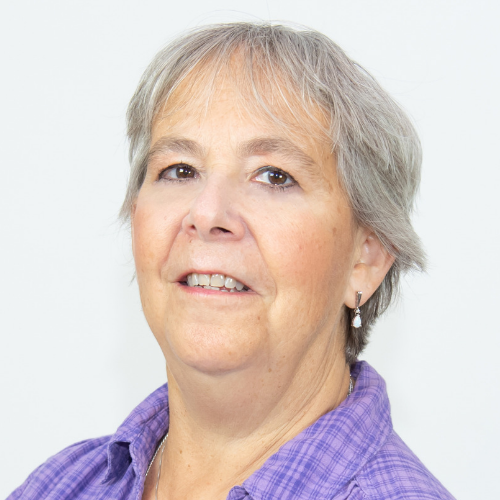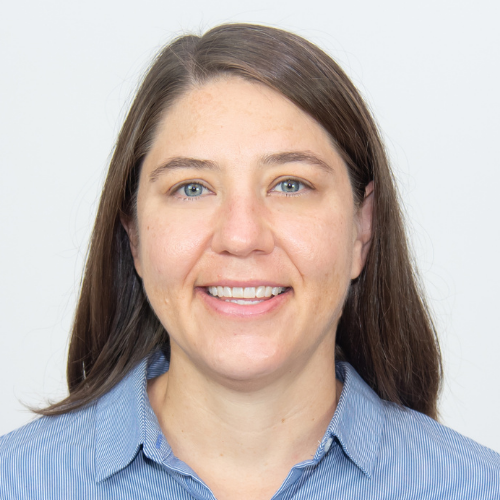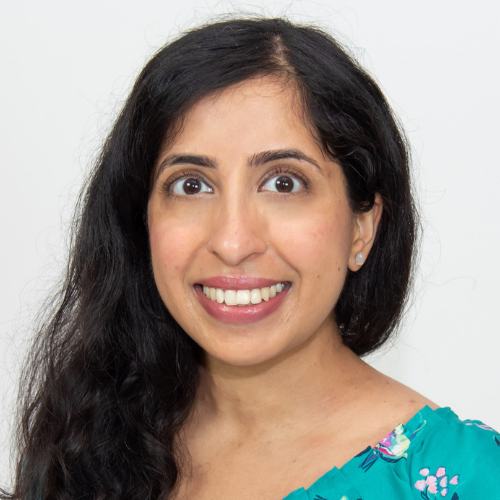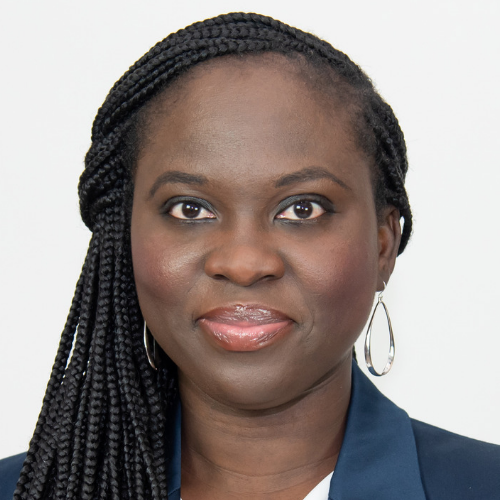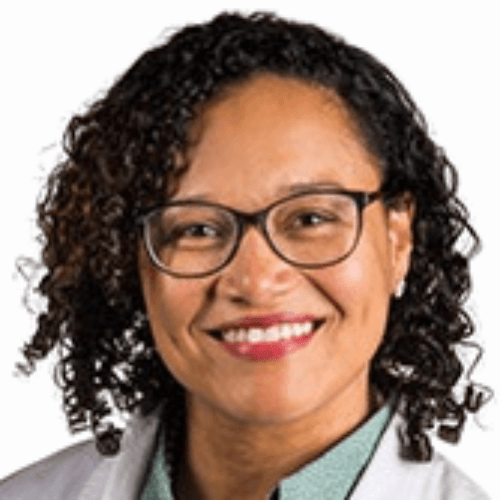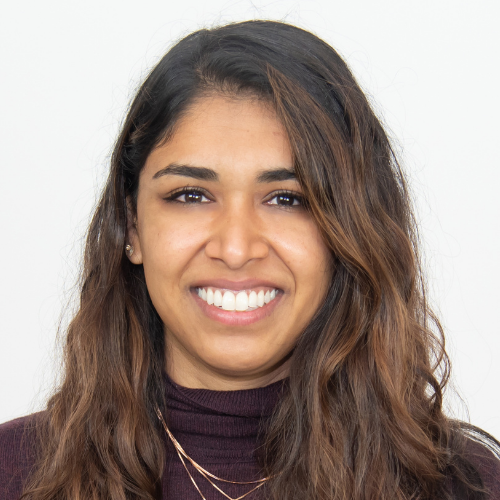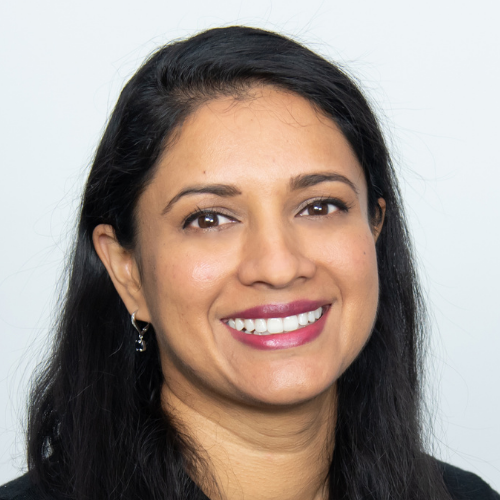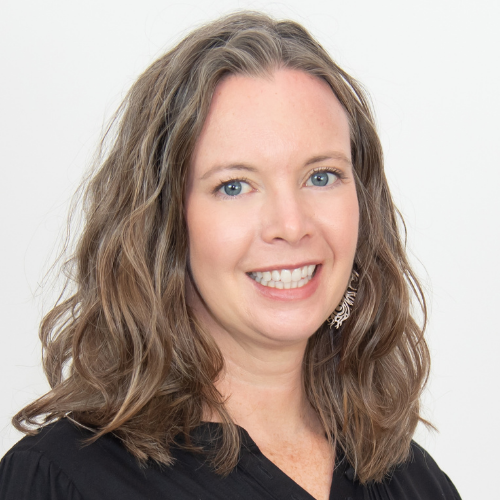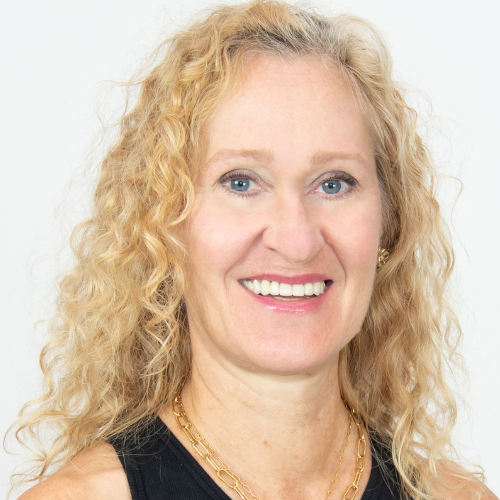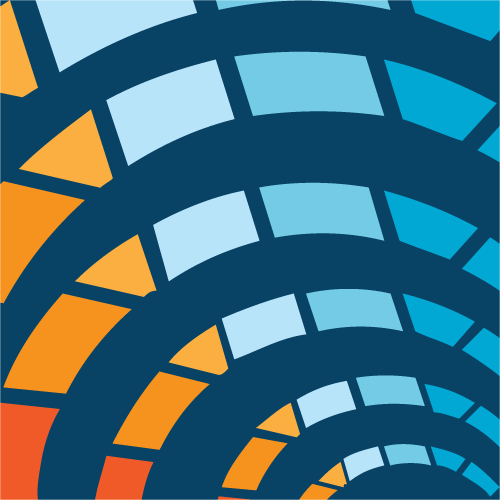Breast Health
Health care to complement the overall breast and chest health needs to all patients

Breast health consists of knowing what is normal for your breasts, in order to identify any concerns. Breast health problems can consist of a wide range of symptoms such as a palpable lump, nipple discharge, breast pain, skin dimpling, and more.
These symptoms do not automatically mean breast cancer. There are a wide range of breast conditions that are not cancer, including fibroadenoma, fibrocystic change, ductal/lobular hyperplasia, dense breasts, and more.
Our Breast Health Navigator Program
Our navigation program improves coordination of patient care. Our navigator is able to speak to patients with abnormal mammograms to help them understand what’s happening and next steps to receiving care.
Receiving an abnormal screening mammogram result is common and does not automatically mean you have cancer. It is important for patients to go to follow-up imaging in order to rule it out. If follow-up imaging results are also abnormal, patients will be recommended to get a biopsy, which are often benign. The breast health navigator assists patients in understanding this process, to ensure they get the appropriate follow-up care they need.
Among other tasks, our navigator works closely with patients and with partners at St. Francis Hospital and Swedish Hospital to ensure our patients without insurance receive appropriate care. Both hospitals offer free mammogram programs to established patients without insurance.
